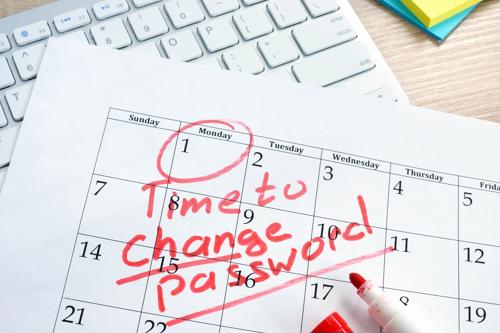If there’s one thing that law firms have in massive quantities, it’s information. From email inboxes containing clients’ addresses and signatures to file folders that detail highly sensitive particulars about financials, attorneys possess reams of data that can damage reputations and ruin lives should it happen to fall into the wrong hands.
While numerous methods of protection exist to keep eyes-only information just that – including passwords, firewalls, identity theft resources and physical security – there are equally as many ways of gaining access. Be it hacking, malware, phishing or skimming, bad actors resort to a wide assortment of underhanded tactics to expose and make off with private data.
Multifactor authentication throws a wrench in these malicious methods. Instead of entering just one password or inserting a single keycard, multifactor authentication – otherwise known as 2FA – requires two or more credentials for access to be granted. Generally speaking, the more that are required, the harder it is for information to be stolen. As noted by Carnegie Mellon University, 2FA involves several “somethings”:
- Something you know (e.g. password, security question, PIN number);
- Something you own (e.g. key fob, ID card, smartphone);
- Something you are (e.g. fingerprint, face, voice, palm vein)
This latter something is a fairly new technology in terms of availability and usage. It involves biometrics, or the analysis of physical characteristics for authentication. Because no two fingerprints are perfectly identical, it makes them difficult to replicate or steal.
Given the effectiveness of 2FA, more industries are adopting it. Many handheld devices now require users to input two or more credentials, or at least provide this option.
“Many attorneys and law firms aren’t fully embracing this security methodology.”
However, whether due to resistance to change, in general, or unfamiliarity with technology, attorneys and law firms aren’t fully embracing this security methodology, ABA Journal reported. If you’re among them, here are a few reasons why you may want to reconsider:
Data breaches are more common than ever
At one time, it seemed like every cyberattack was reported by the mainstream media, particularly those that impacted retailers. They’ve largely fallen out of the news cycle, but that doesn’t mean they’ve become any less common. According to the most recent statistics available from the Identity Theft Resource Center, the number of consumer records stolen in 2018 rose 126% from the previous year, totaling 446.5 million overall. That’s up from 197.6 million just 12 months earlier.
The chances of data being stolen are significantly lower when 2FA is in place. As reported by Forbes, household-name software providers say 99% of automated attacks can be successfully blocked by enabling 2FA. Several other telecommunications and technology companies also hail the effectiveness of multifactor authentication.
Firms are a top target
No business or industry is entirely immune from data breaches, and that especially includes the business sector, an umbrella that law firms fall under. Of the 1,632 breaches that took place in 2018, 907 of them affected business, ITRC reported from its findings. This equated to 181 million records, with healthcare in a distant second at 5.3 million records and 384 breaches.
Small law firms in the crosshairs
According to the most recent polling available, tracking how many practicing lawyers are currently in the U.S., the number sits at over 1.3 million, based on the ABA’s figures. The vast majority of these attorneys work for small firms. Conventional wisdom might suggest the big firms would be targeted the most, but as Attorney At Law Magazine reported, those that have fewer partners tend to receive the lion’s share of the attacks because there are more out there to potentially exploit.
2FA helps to guard against attempted data heists by adding an extra layer of security.
If your firm has transitioned to the cloud, you can’t afford a software solution that doesn’t incorporate multifactor authentication. Built on the largest cloud provider in the world – Amazon Web Services – Afinety leverages 2FA, firewall protection and unparalleled monitoring to ensure information stays under lock and key. For more information on the Afinety Cloud Platform and its offerings, contact us today.
